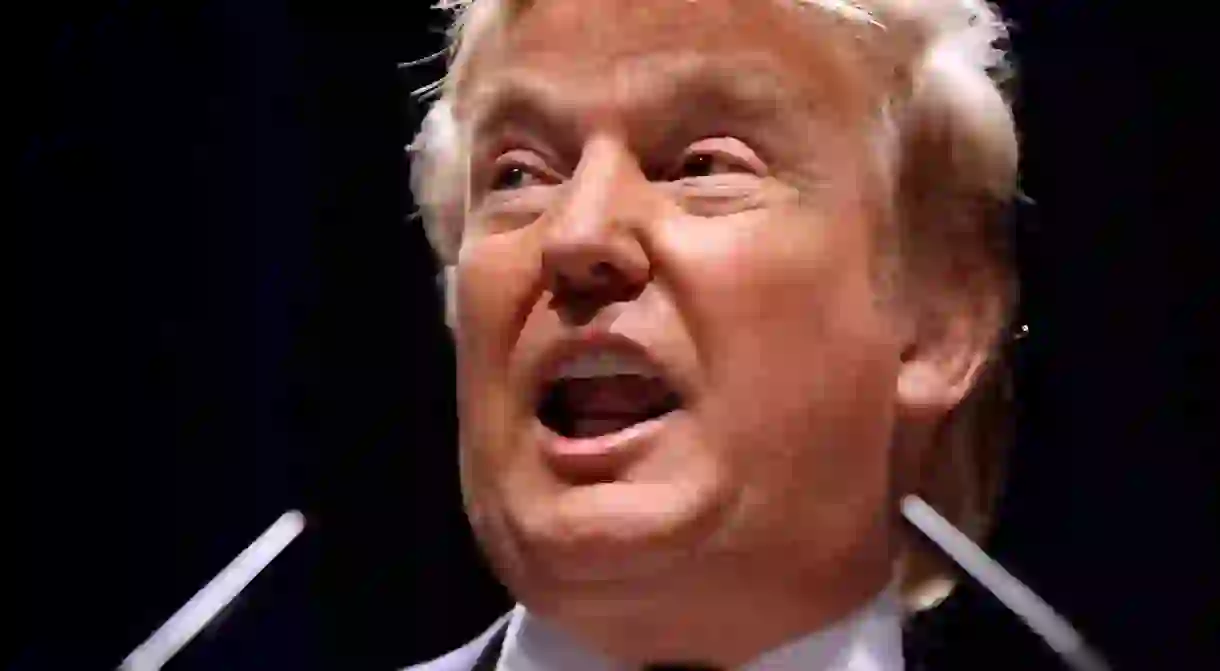Why Paris is Banning Petrol Cars by 2040

Donald Trump’s withdrawal from the Paris climate accord in June has propelled Emmanuel Macron’s new ecology minister, Nicolas Hulot, to announce ambitious plans to end the sale of petrol and diesel vehicles in France by 2040 and for the country to be carbon neutral by 2050. Described as a ‘veritable revolution’, the ban is one facet of a five-year strategy to ensure France meets its own targets under the agreement.
In light of Trump’s decision, Macron insisted that France would take the lead in the fight against climate change. In a strongly worded bilingual address, he adapted the US president’s campaign slogan in promising to ‘make the planet great again’ and urged American climate scientists to move to France.
Hulot, a veteran environmental campaigner and TV wildlife presenter who the last three French presidents had unsuccessfully tried to woo into the post of ecology minister, has also spoken out against Trump. ‘I don’t confuse the brutal attitude of the Trump administration with the US state of mind,’ he said.
More recently, Macron has stressed the need not just to meet but exceed the measures set out in the 2015 accord, stating: ‘The Paris agreement is… a step in the right direction but it is not enough and we need to continue to advance and show, in terms of concrete plans and financing, our ability to go beyond it.’
The decision to outlaw petrol and diesel vehicles does just that, and it comes hot on the heels of an announcement by Volvo that all its cars will be fully electric or hybrid from 2019. Hulot believes that the big players in the French automobile industry like Peugeot, Citroën, and Renault can also meet the 2040 deadline. ‘Our [car]makers have enough ideas in the drawer to nurture and bring about this promise… which is also a public health issue,’ he said.

Air pollution, particularly in large cities like Paris and Lyon, has become a hot button issue in France. A raft of new legislations and initiatives, such as clean sticker schemes and car-free days, have been introduced and citizens like Clotilde Nonnez have taken matters into their own hands by suing the French state for negligence.
Hybrid and pure electric cars currently account for 3.5% and 1.2%, respectively, of the French car market, meaning more than 95% of the cars on the road today will have to be replaced by the time the ban comes into effect. Poorer households will receive financial assistance to make this shift. ‘The government will offer each French person a bonus to replace their diesel car dating before 1997 or petrol from before 2001 by a new or second-hand vehicle,’ Hulot said.

France isn’t the only country starting the phaseout of petrol and diesel cars. Norway, the leading exponent of electric cars in Europe, plans to be electric-only by 2025, a target mimicked in the Netherlands. Germany and India are also looking at similar measures to be brought into force by 2030.













